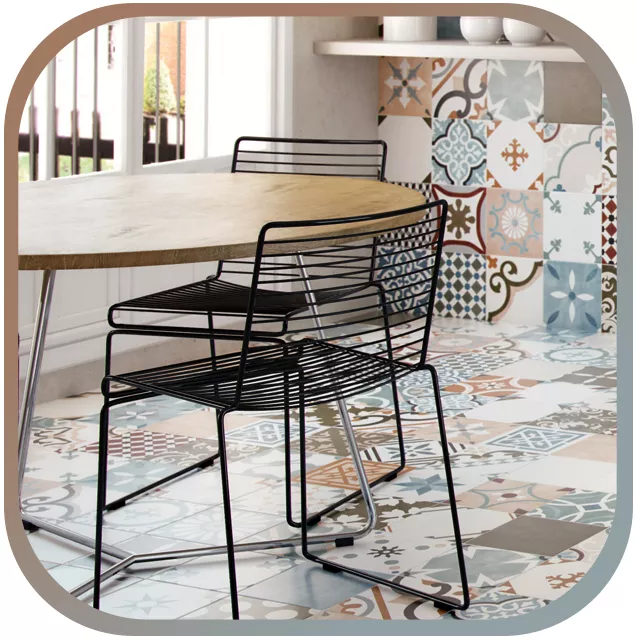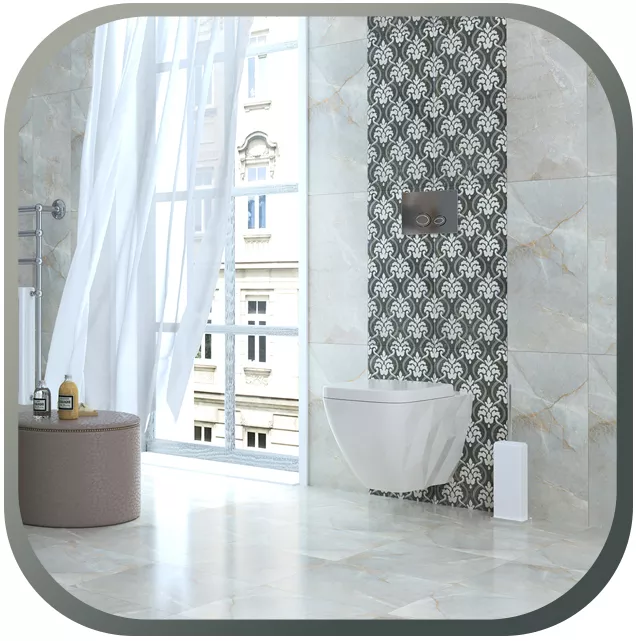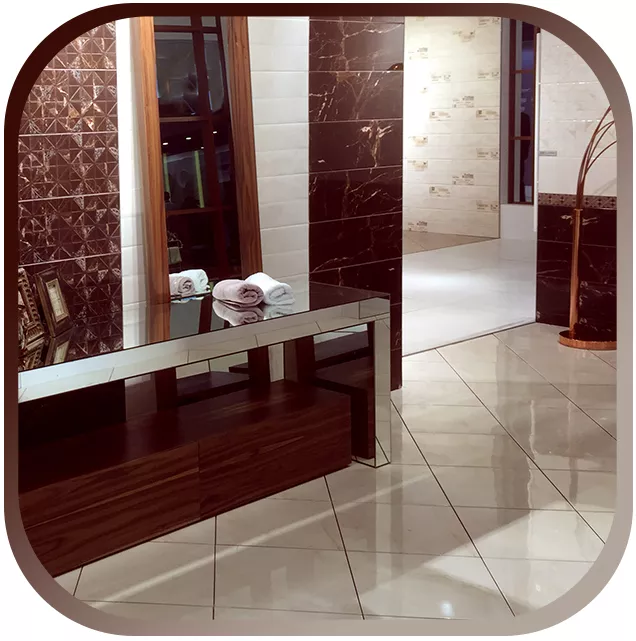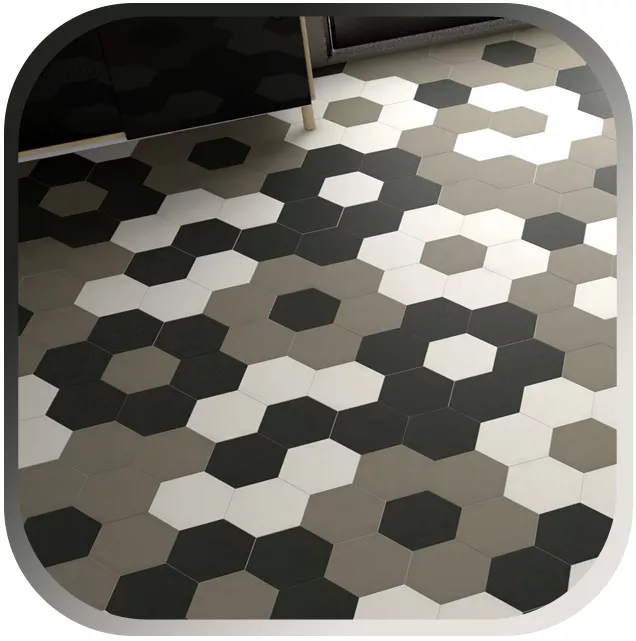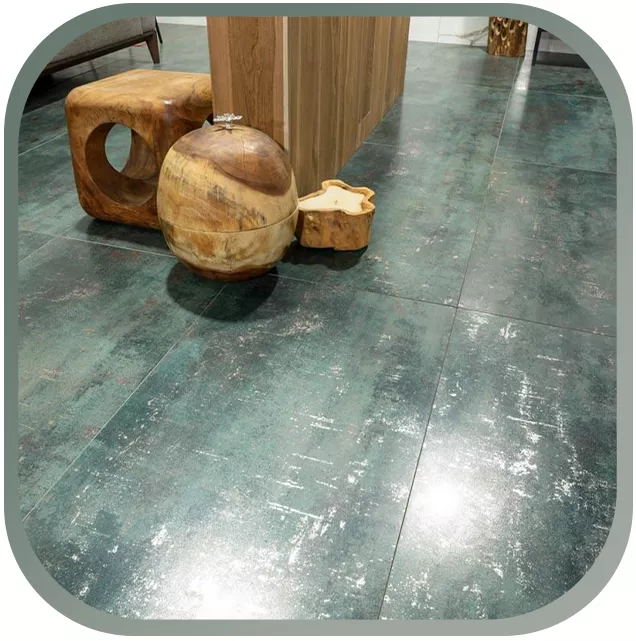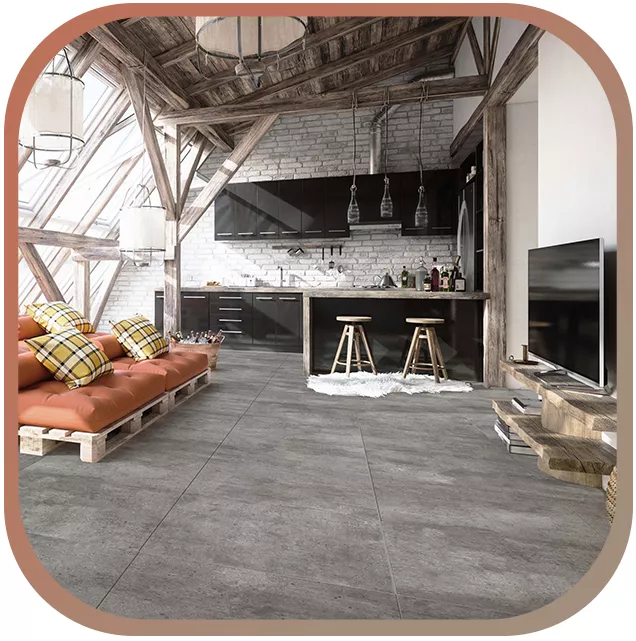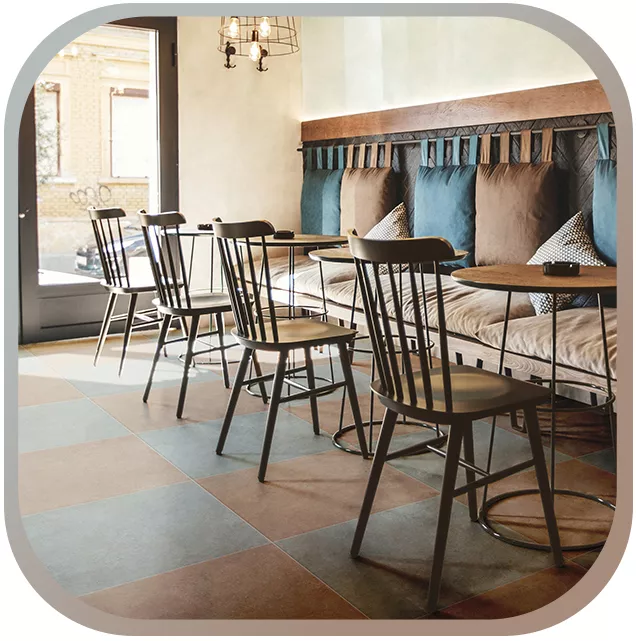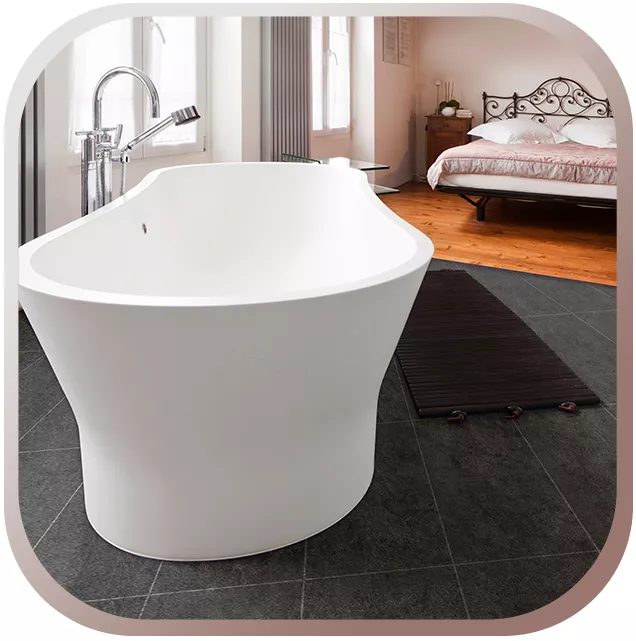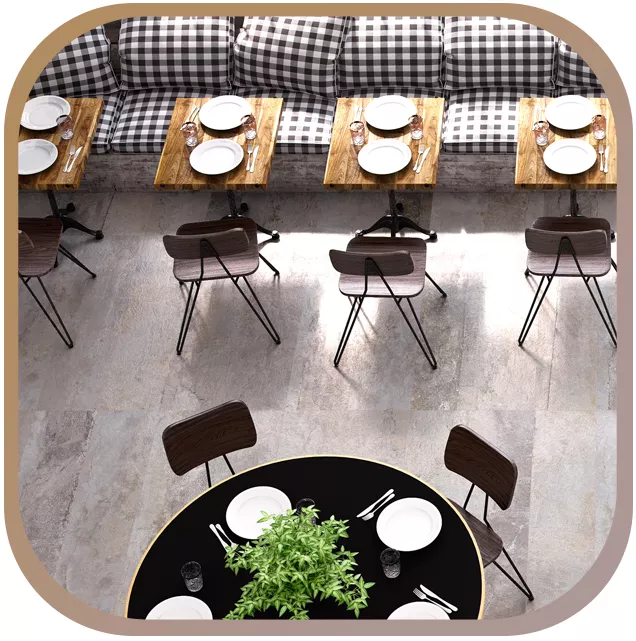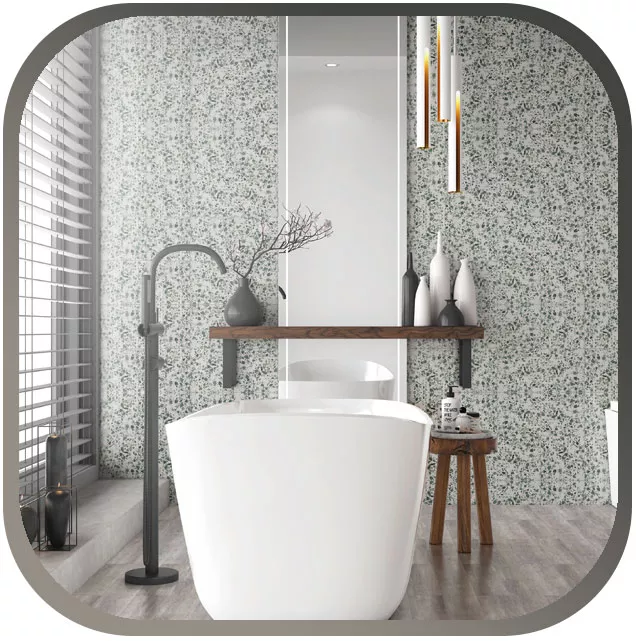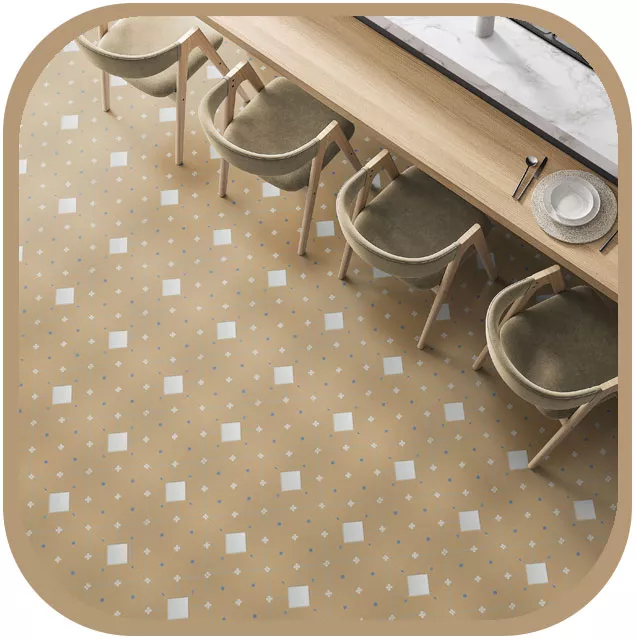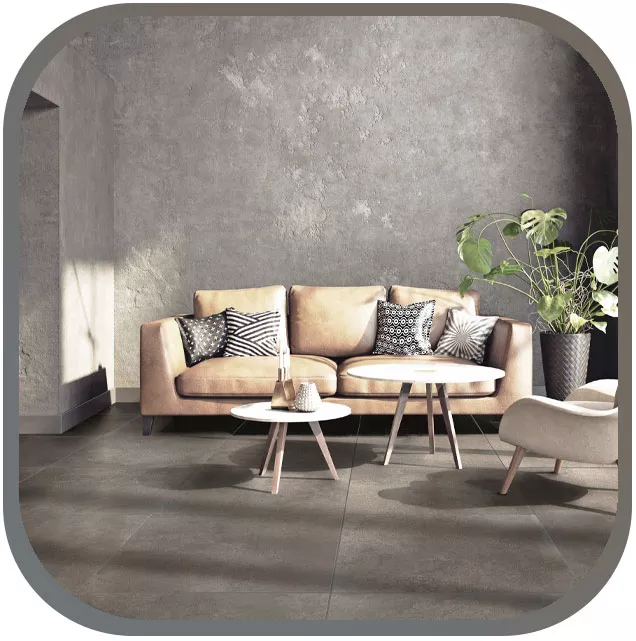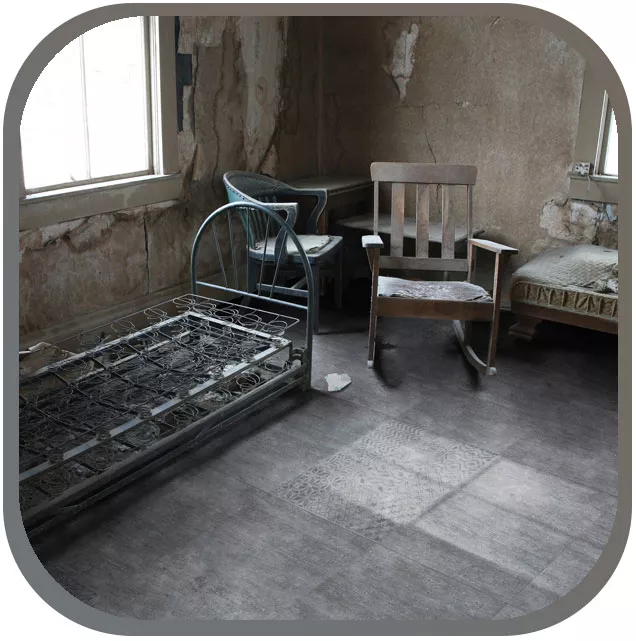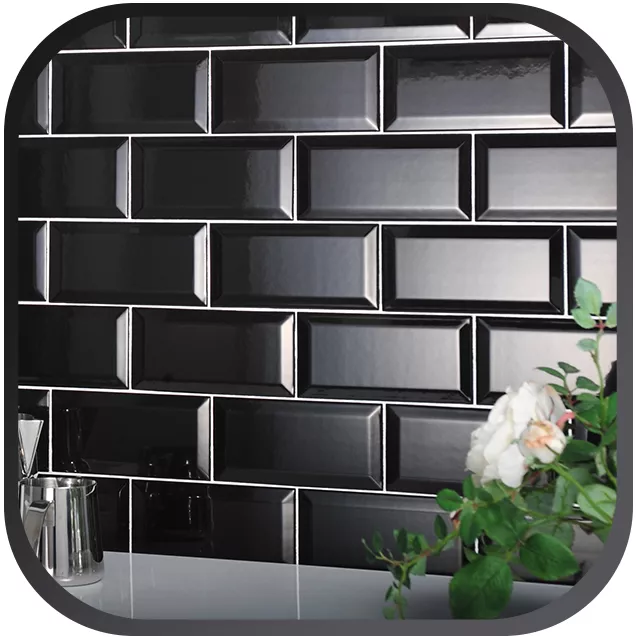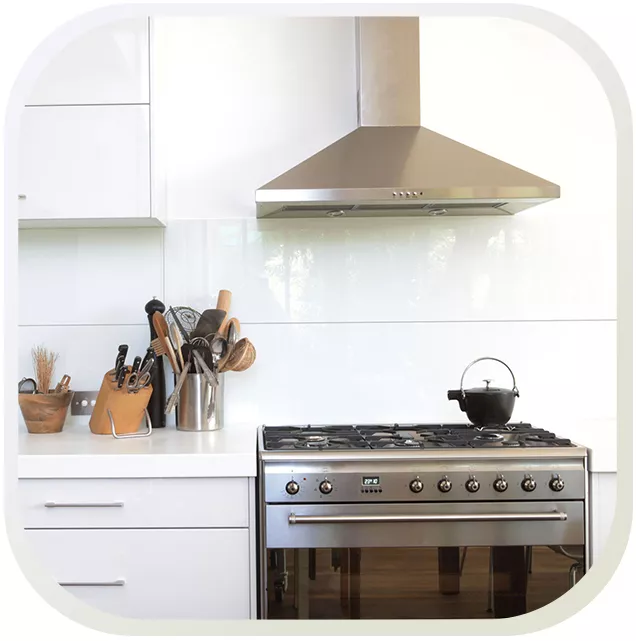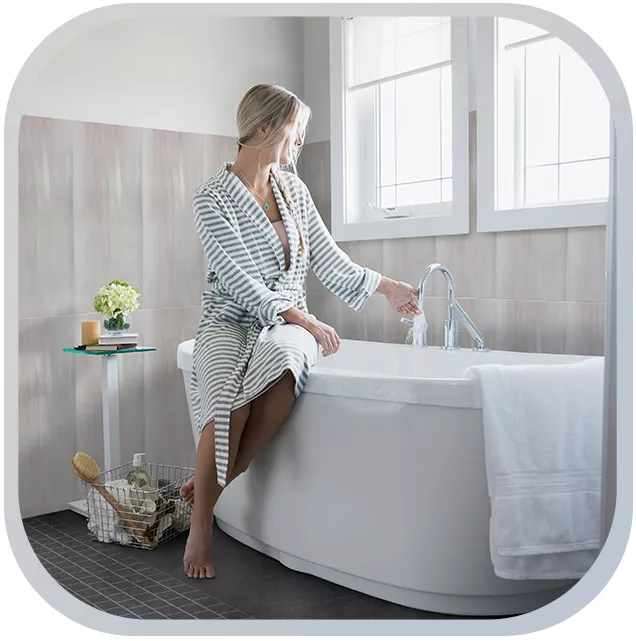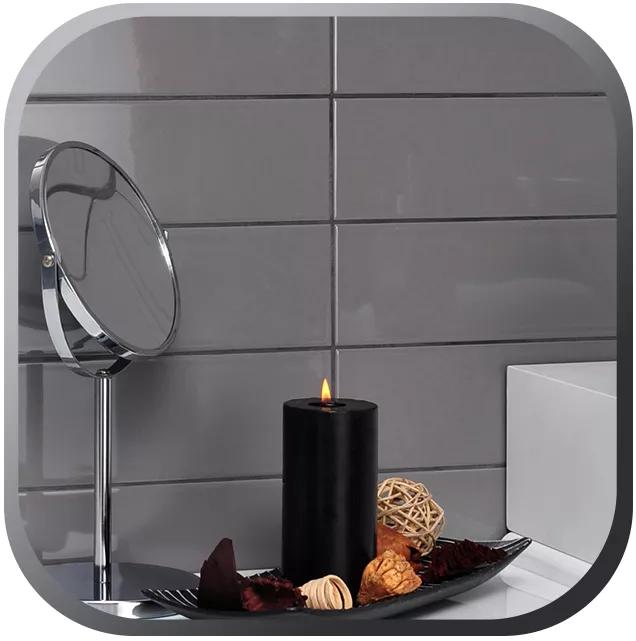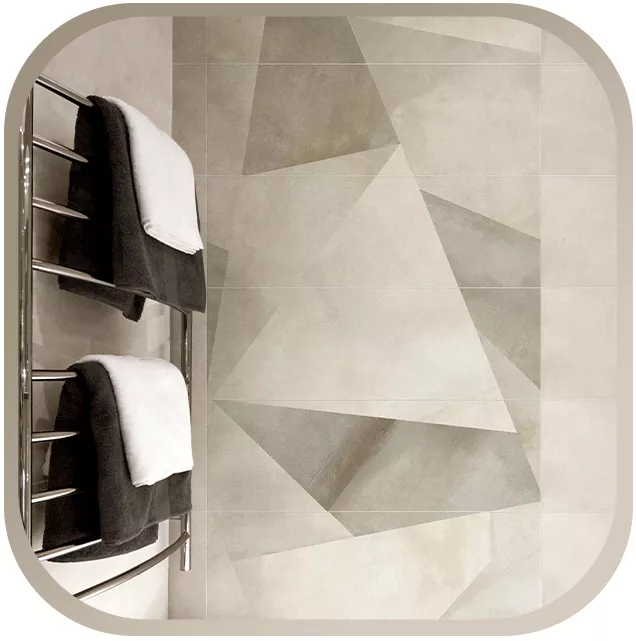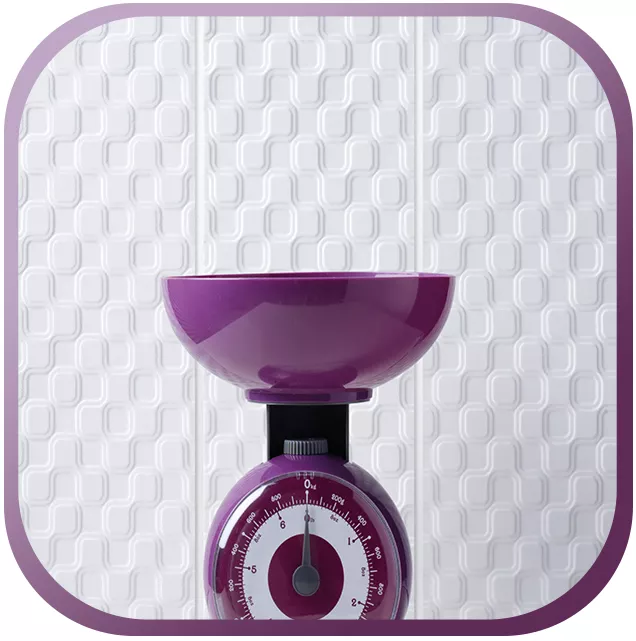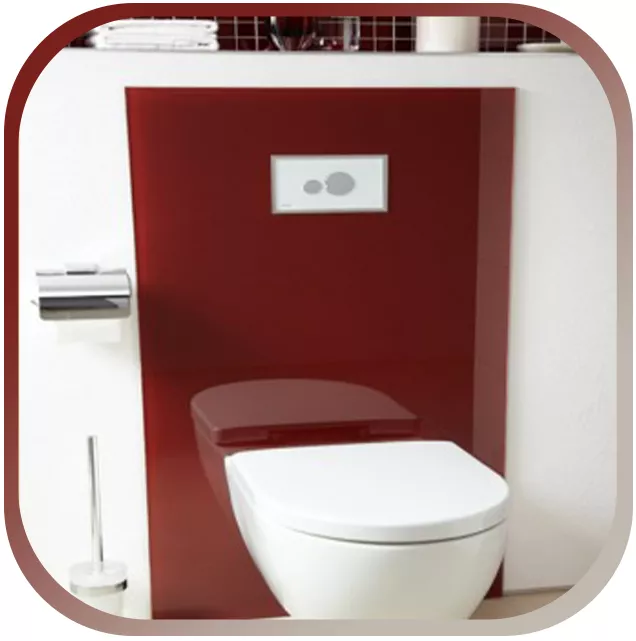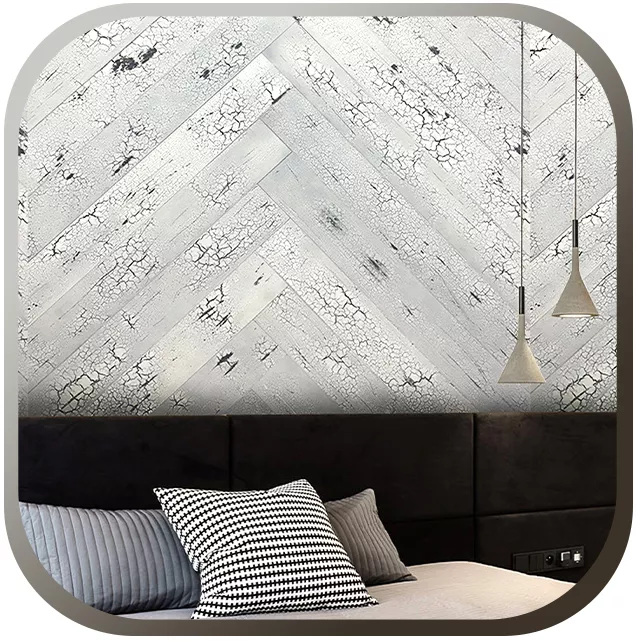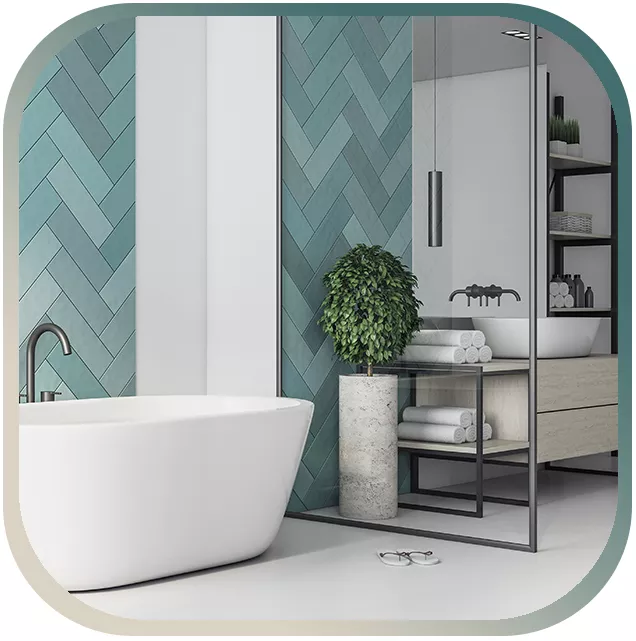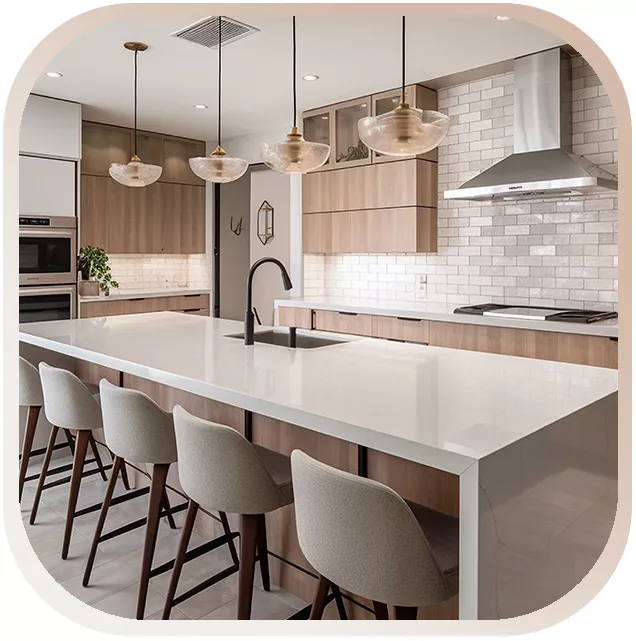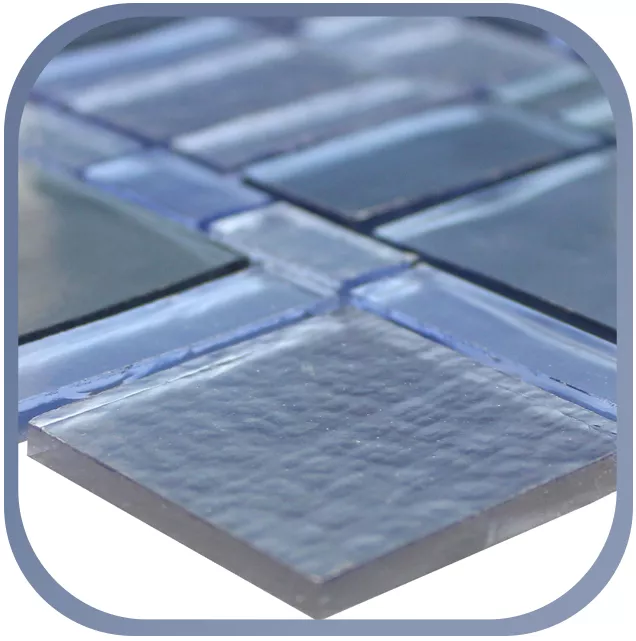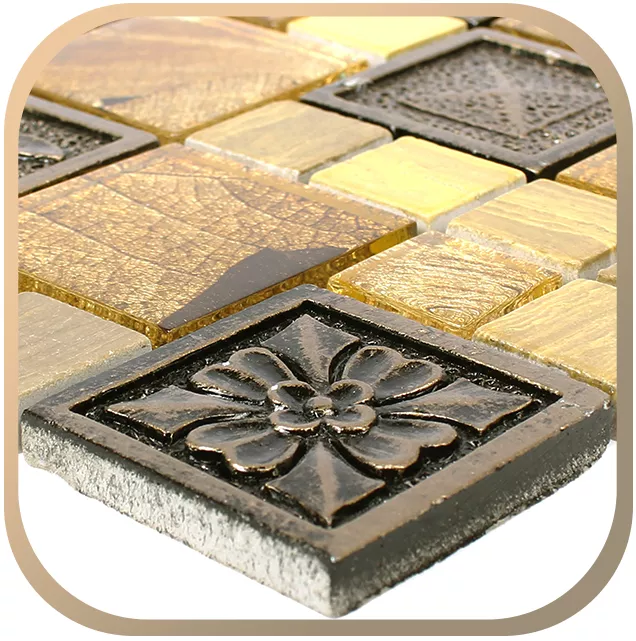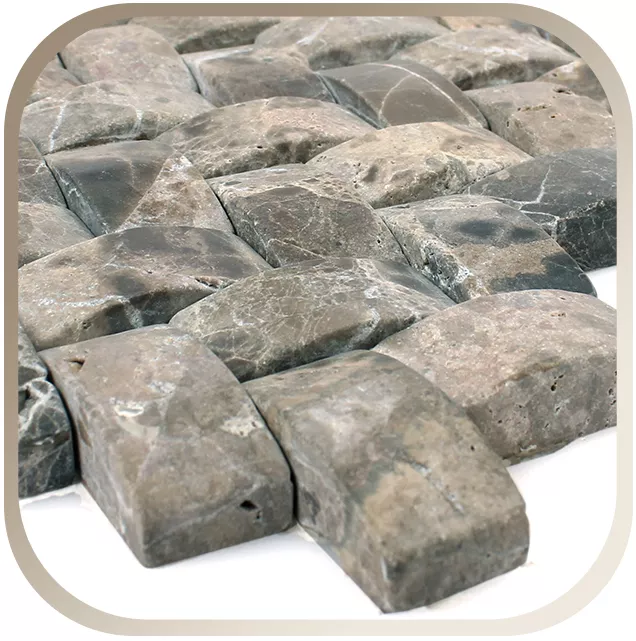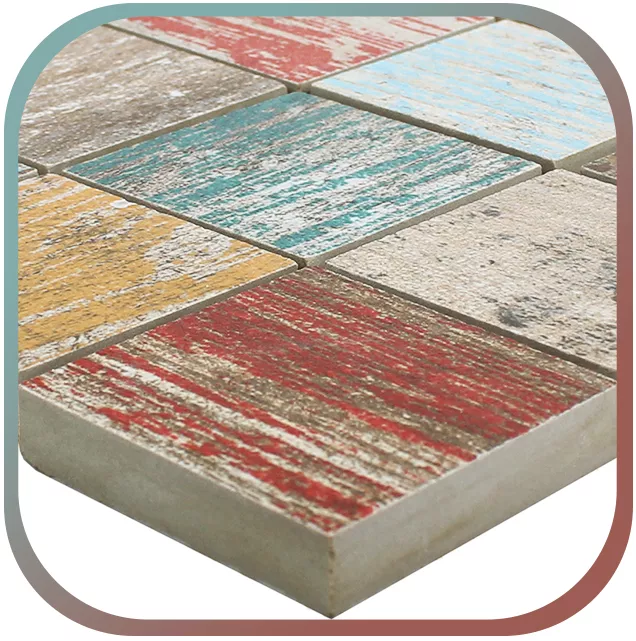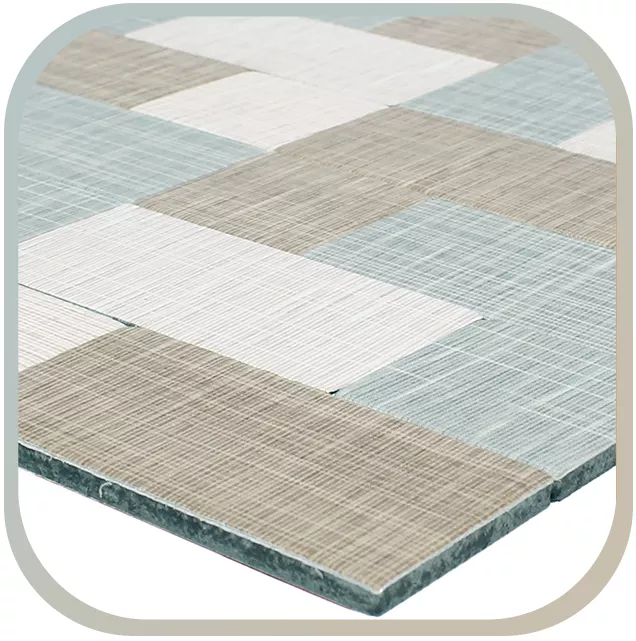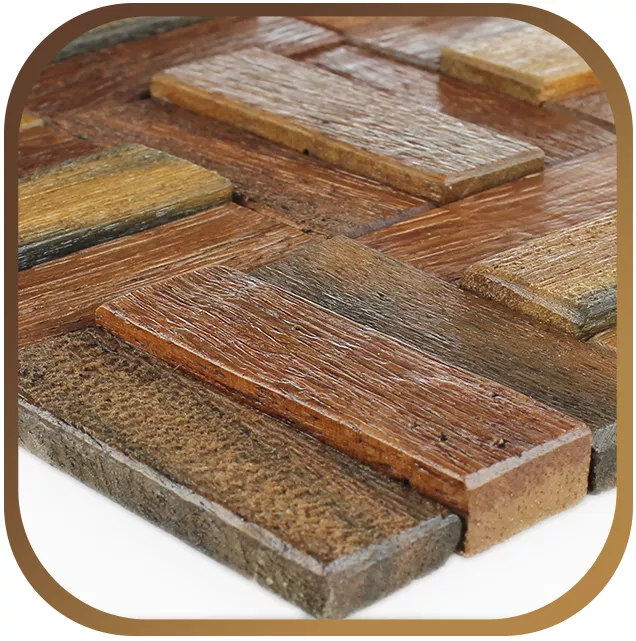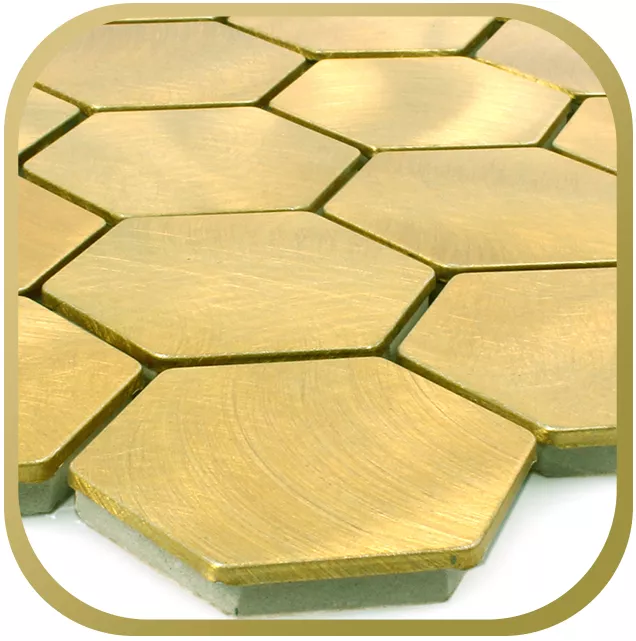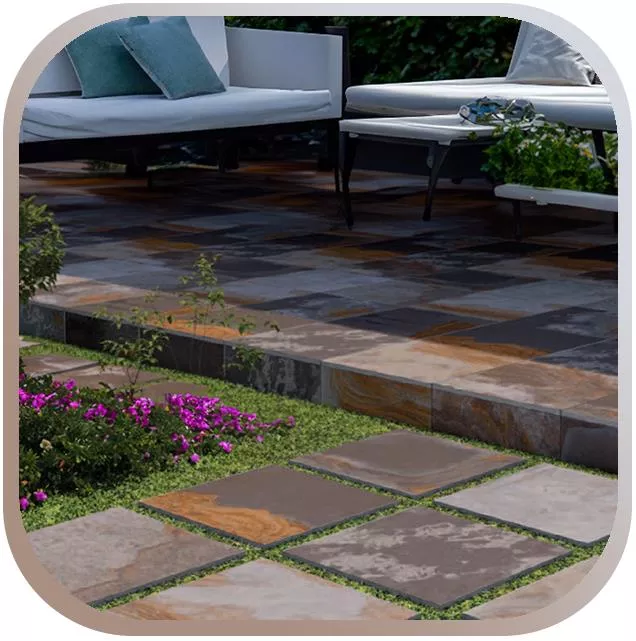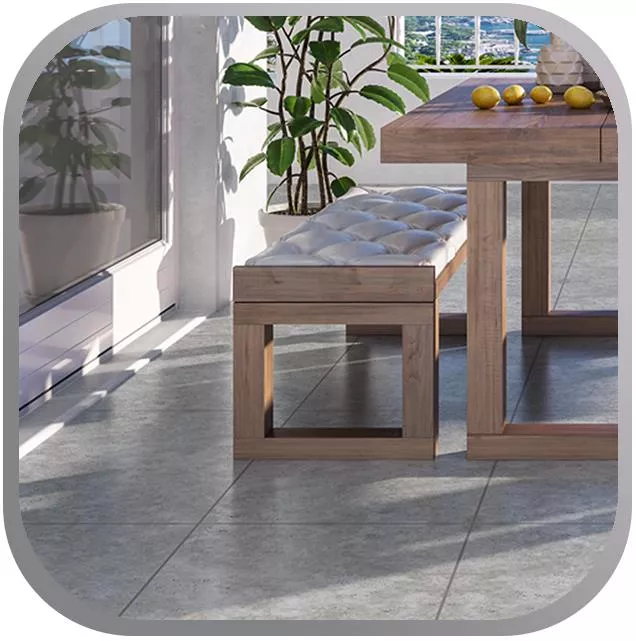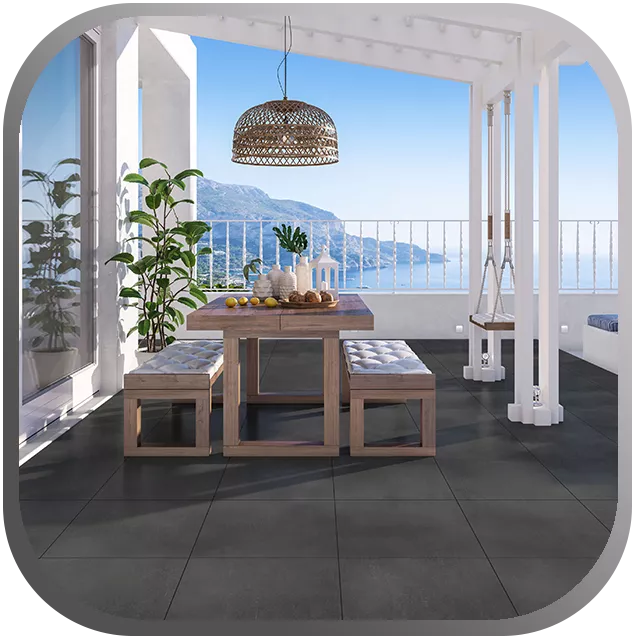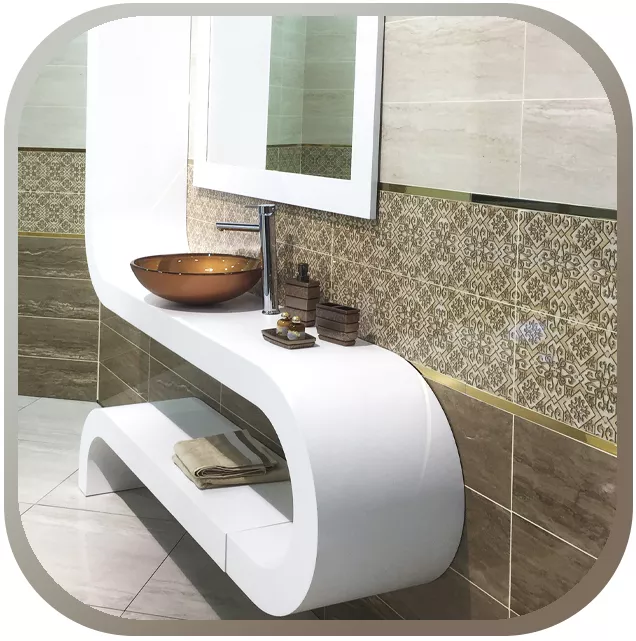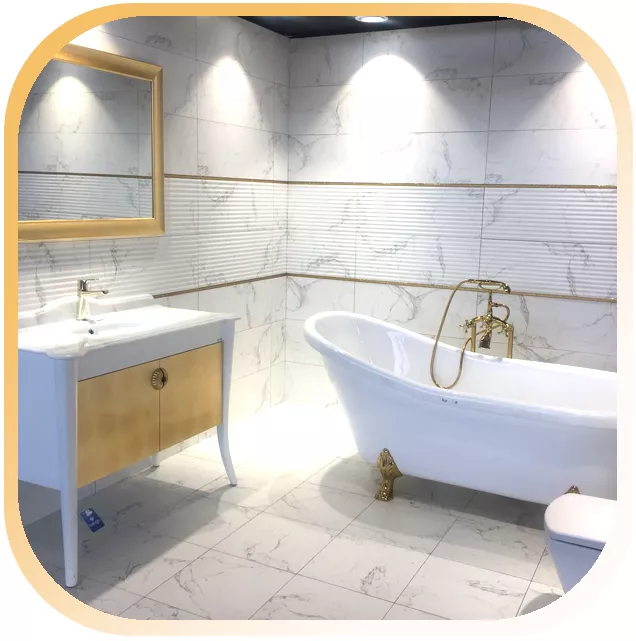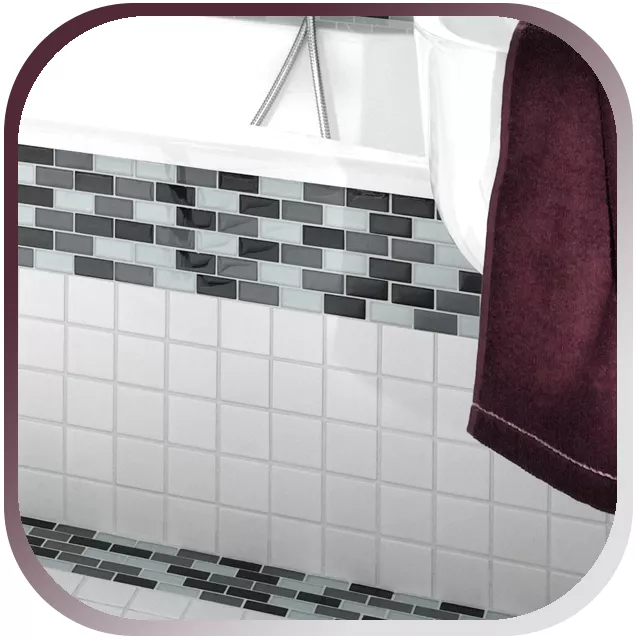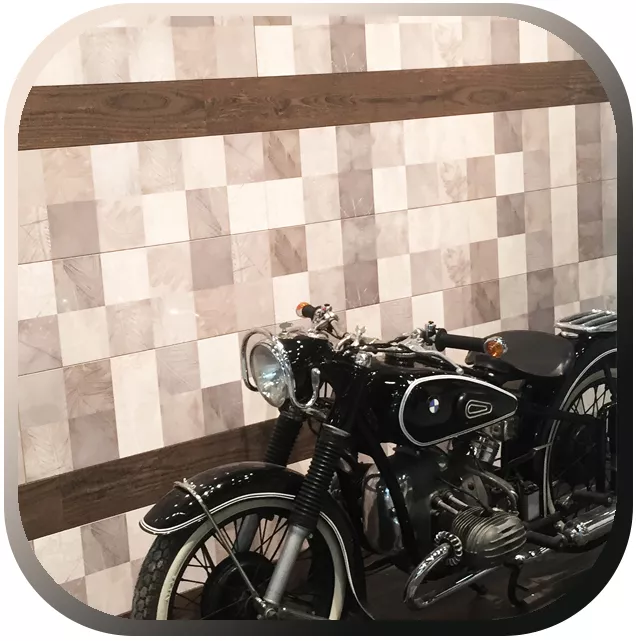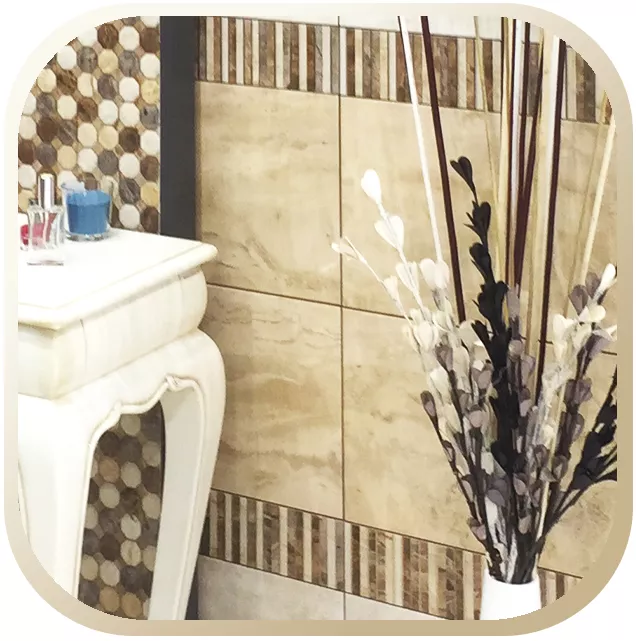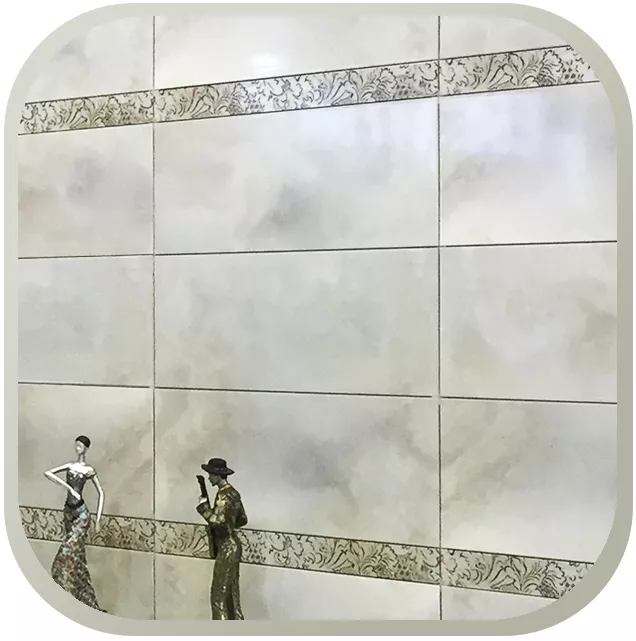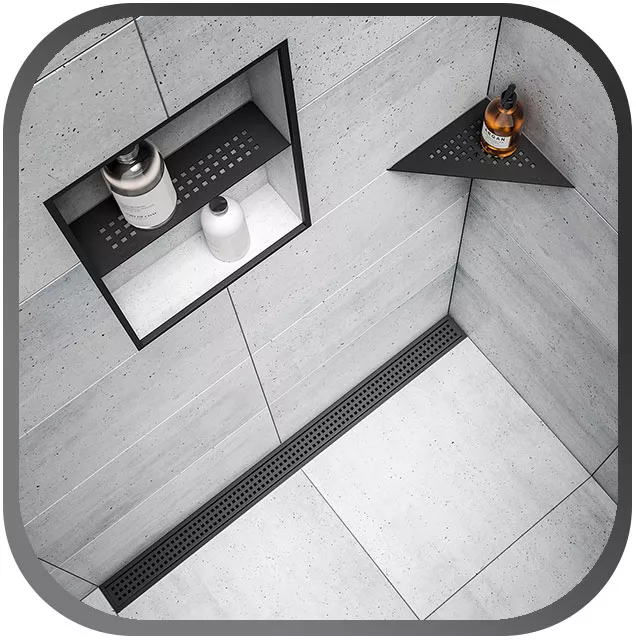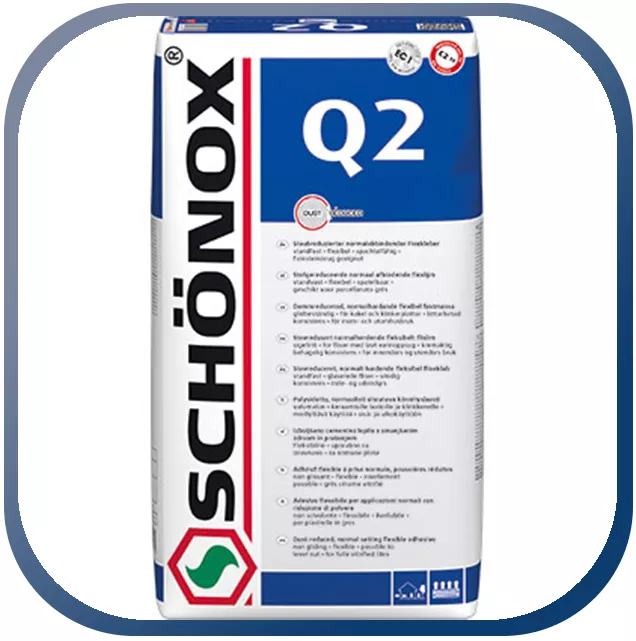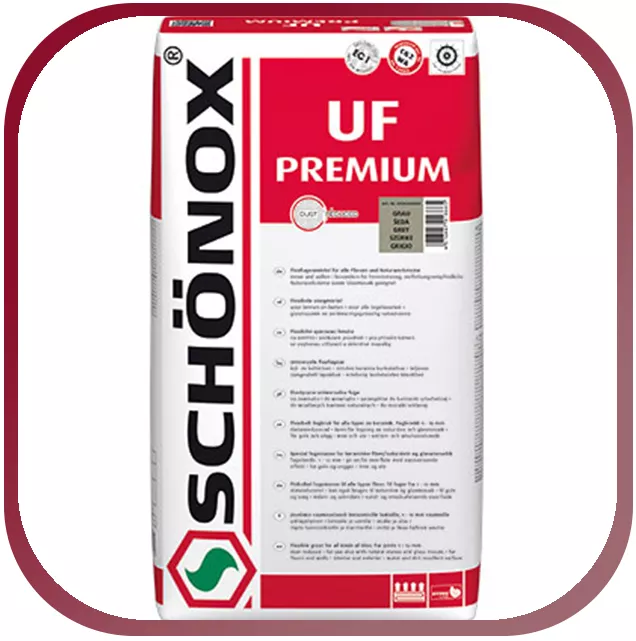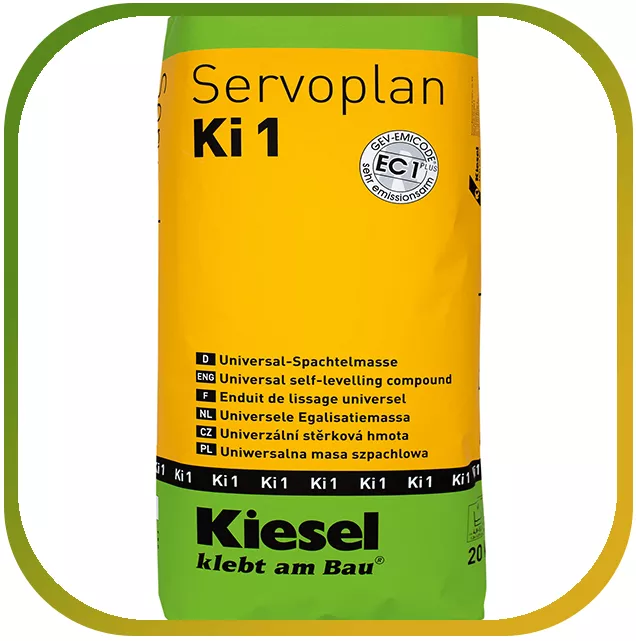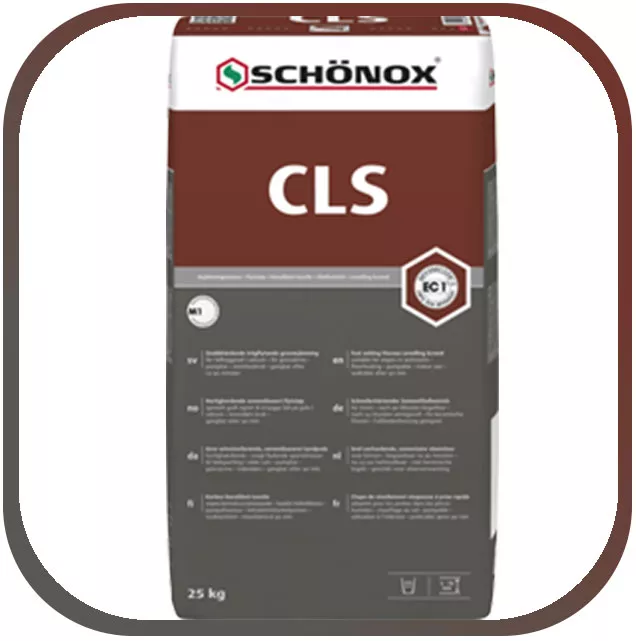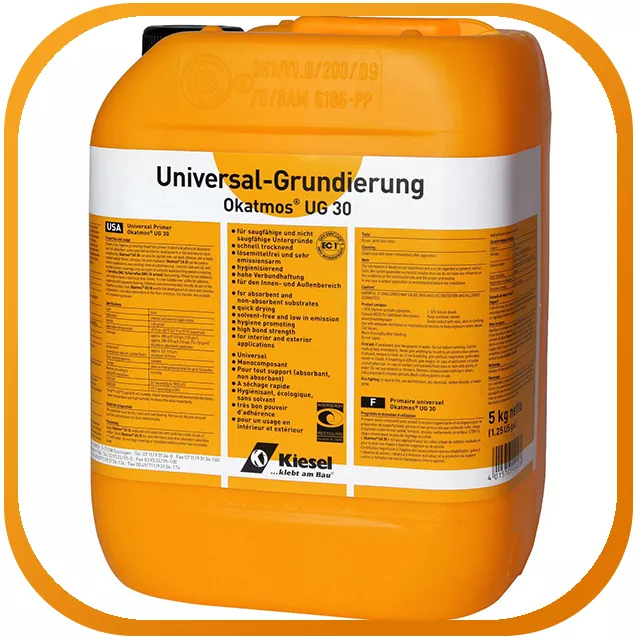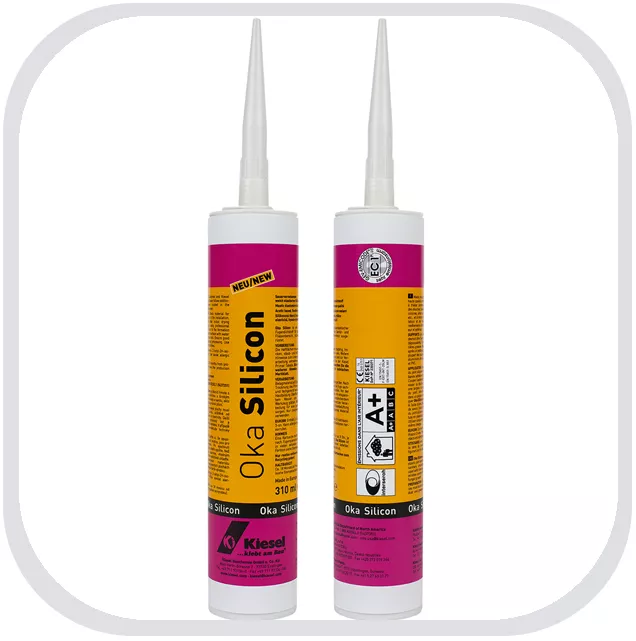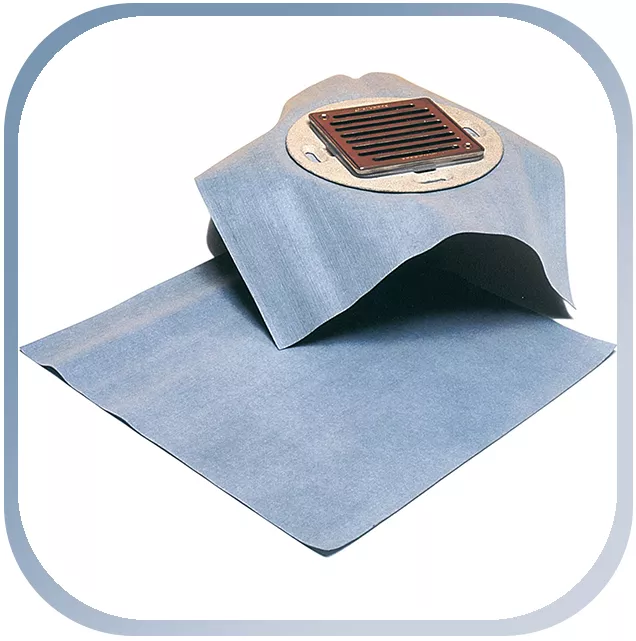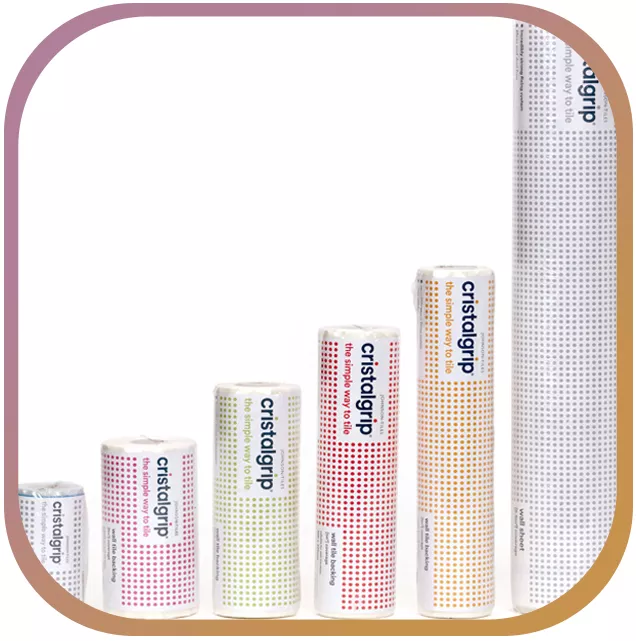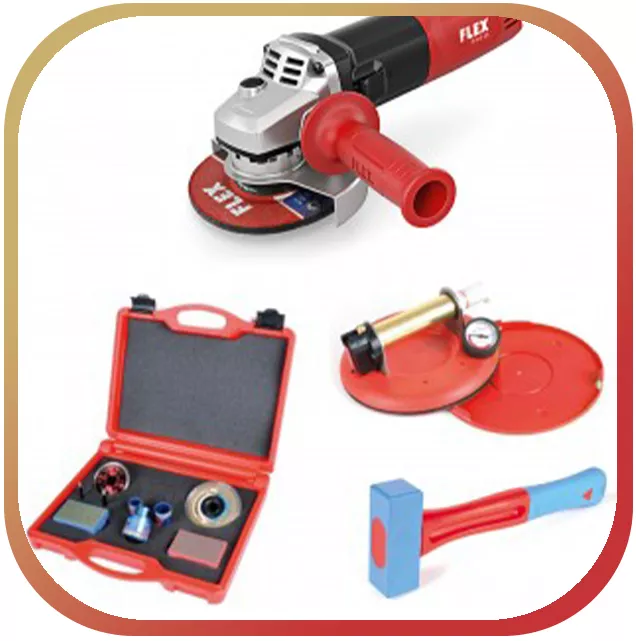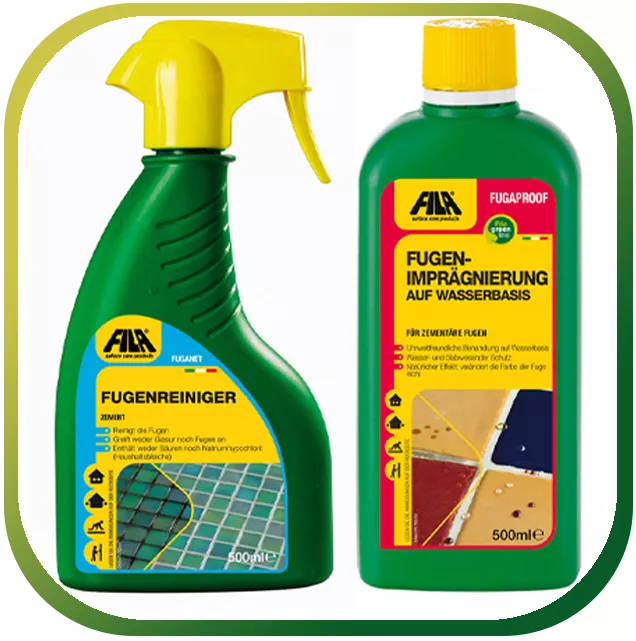Stairs are hard to imagine living without. If you have no stairs in the house, you often have at least some stairs at the front door. As a connection between different floors, the staircase has a special appearance, or even the length of the staircase and even the width and height of the stairs themselves. Even outdoors, stairs give a special atmosphere that is carried over to the whole house. However, nothing contributes to the appearance of the stairs more than the stair tiles. They have to be adapted to the dimensions of the stairs and in addition to their appearance they have to meet numerous other requirements to be perfect for your home.
Practical benefits of tiles
Tiles have found their use wherever it can be wet and dirty. The reason for this is the practical use of tiles, since they are easy to keep clean and, for example, T. cannot be damaged with stronger detergents. In addition, tiles can be very robust and hard and differ in terms of appearance, durability, sure-footedness, slip resistance and intended use, and accordingly also in terms of price. Therefore, different tiles are used for different purposes, which means for you that when buying stair tiles you should consider that e.g. B. Stair tiles for indoor and outdoor use should not be the same in quality.
Stair tiles resilient
When it comes to stair tiles, it should be borne in mind that they are entered and therefore should endure more than z. B. Tiles that are only suitable for the wall. There are certain abrasion classes (grades 1-5) in which glazed tiles are classified. Accordingly, you should choose staircase tiles depending on whether you need staircase tiles with high or low loads. Stair tiles in your living room certainly don't have to endure as much as stair tiles in your garage or on the balcony, which you usually step on with shoes. In contrast, stairs in the living and dining room area are mostly entered in socks or even barefoot and therefore automatically have to endure less. In addition, you only need tiles with a suitable surefootedness and slip resistance for your stairs. After all, there is always a constant risk of people stumbling or slipping on stairs. This can be reduced with non-slip stair tiles.
Stair tiles also have to endure more outside than inside, especially in the cold seasons. Frost-insecure tiles, like ordinary earthenware tiles, absorb enough water to suffer frost damage at low temperatures. Frost-proof stair tiles are e.g. B. stoneware tiles and split tiles, which are particularly hard and hard-wearing and are therefore often used outdoors. Tiles with a low water absorption capacity are e.g. B. porcelain stoneware tiles that occur unglazed and glazed and can therefore offer numerous optical options. Although earthenware tiles can be found in different designs and represent the usual tiles, which almost everyone automatically grabs, it should be noted that these tiles are only suitable for indoor use.
Tread resistance and safety
With indoor staircase tiles, there is less need to worry about frost protection. At the same time, this means that there is a larger selection of tiles. But when looking for suitable staircase tiles, you should also consider whether the stairs, regardless of whether they are indoor or outdoor, are in a wet room, such as. B. are in the bathroom and whether the stairs even lead to the water like in swimming pools. Perhaps you have a swimming pool at home in the basement and know that there is no risk of frost because the room is well heated. Frost protection may not be an issue, but slip and tread resistance should definitely be taken into account. Especially when it comes to walking barefoot on the stair tiles with lots of water. There are legally required assessment groups on the topics of slip resistance (A, B and C) and kick resistance in commercial areas (R9-R13). For stairs that lead into the water, it is mandatory to use a floor covering that belongs to assessment group C. The rating groups do not have to be adhered to in the house, but can play a huge role in the event of accidents in your house with subsequent damage claims. In the private sector, it would also be advisable to lay stair tiles that at least belong to the R9 rating group.

